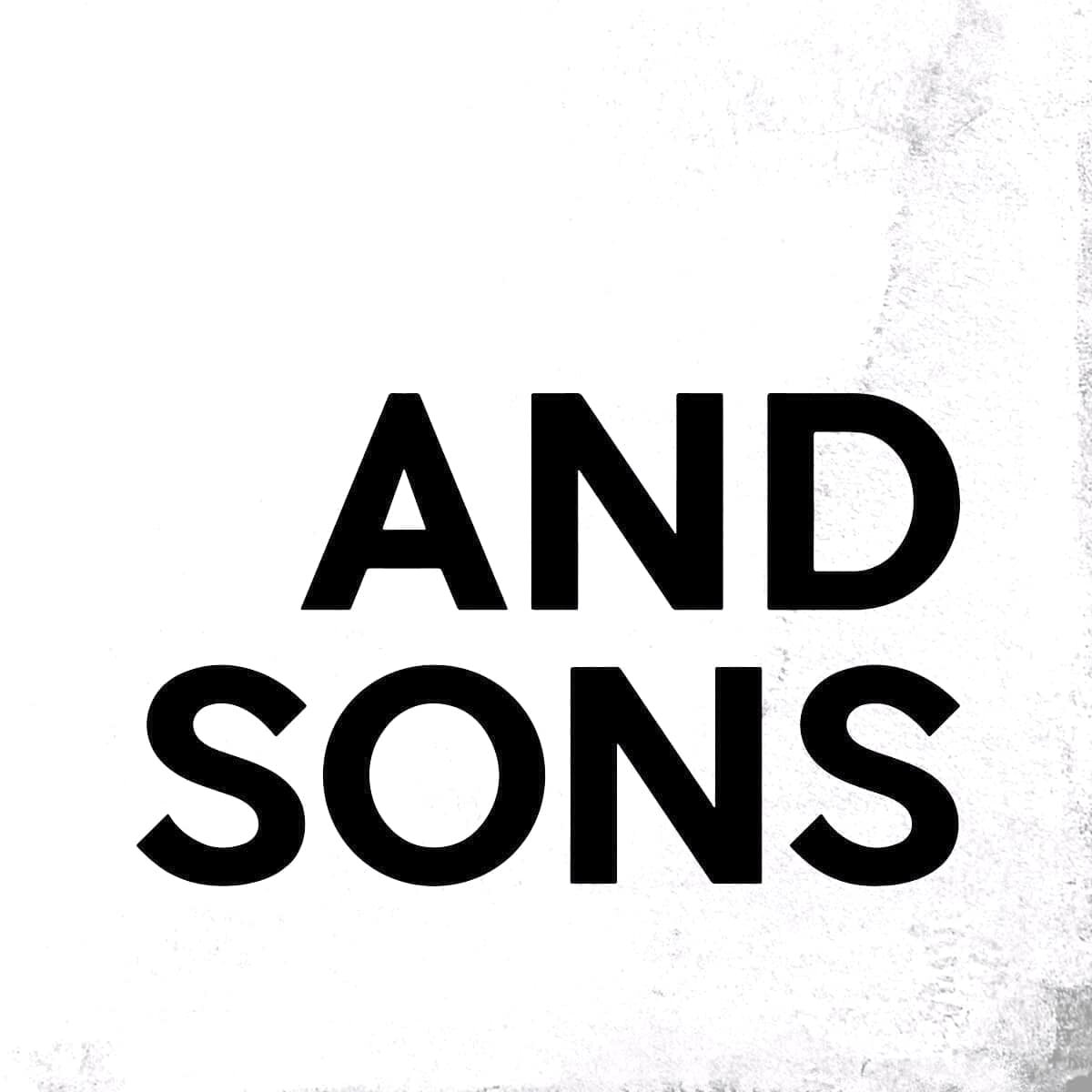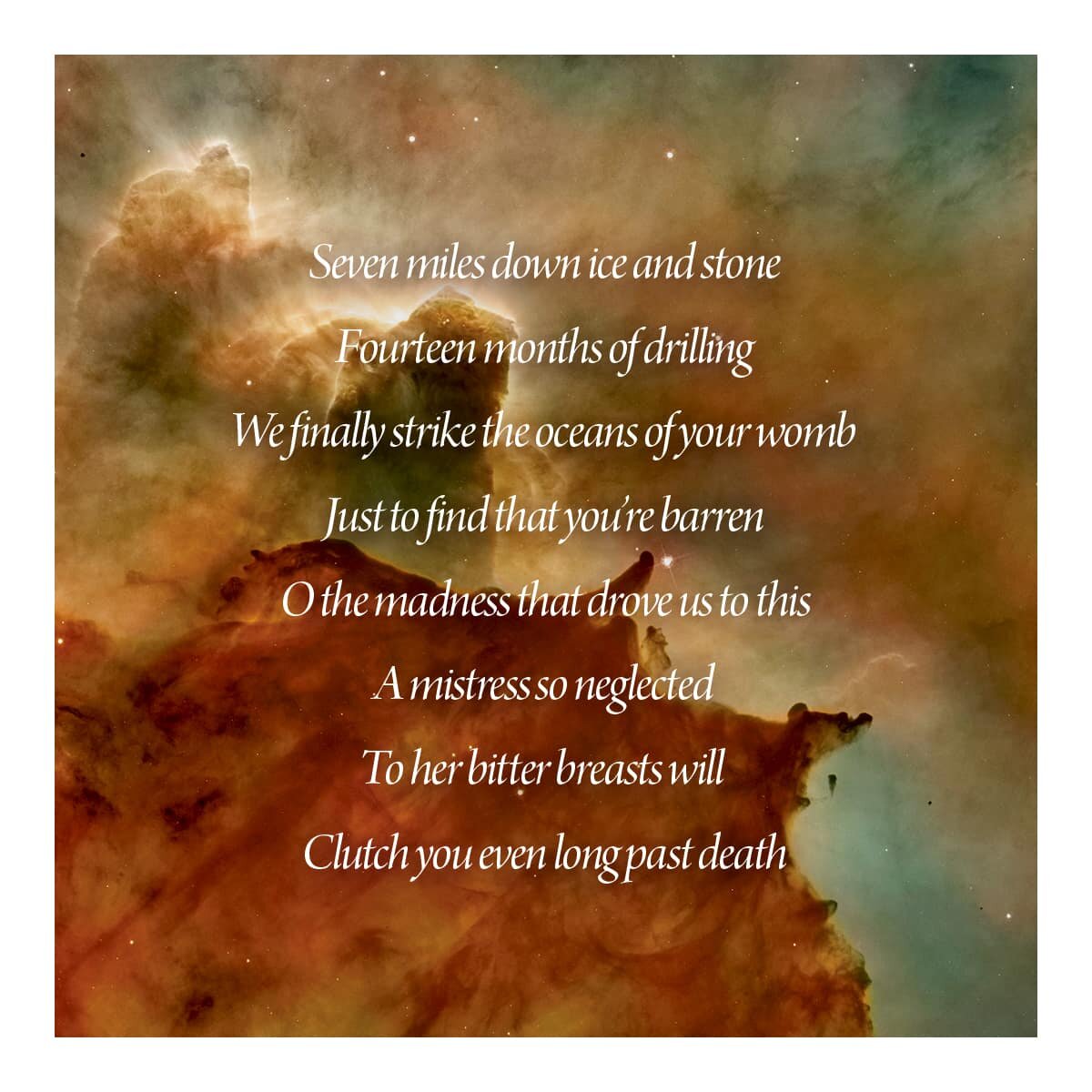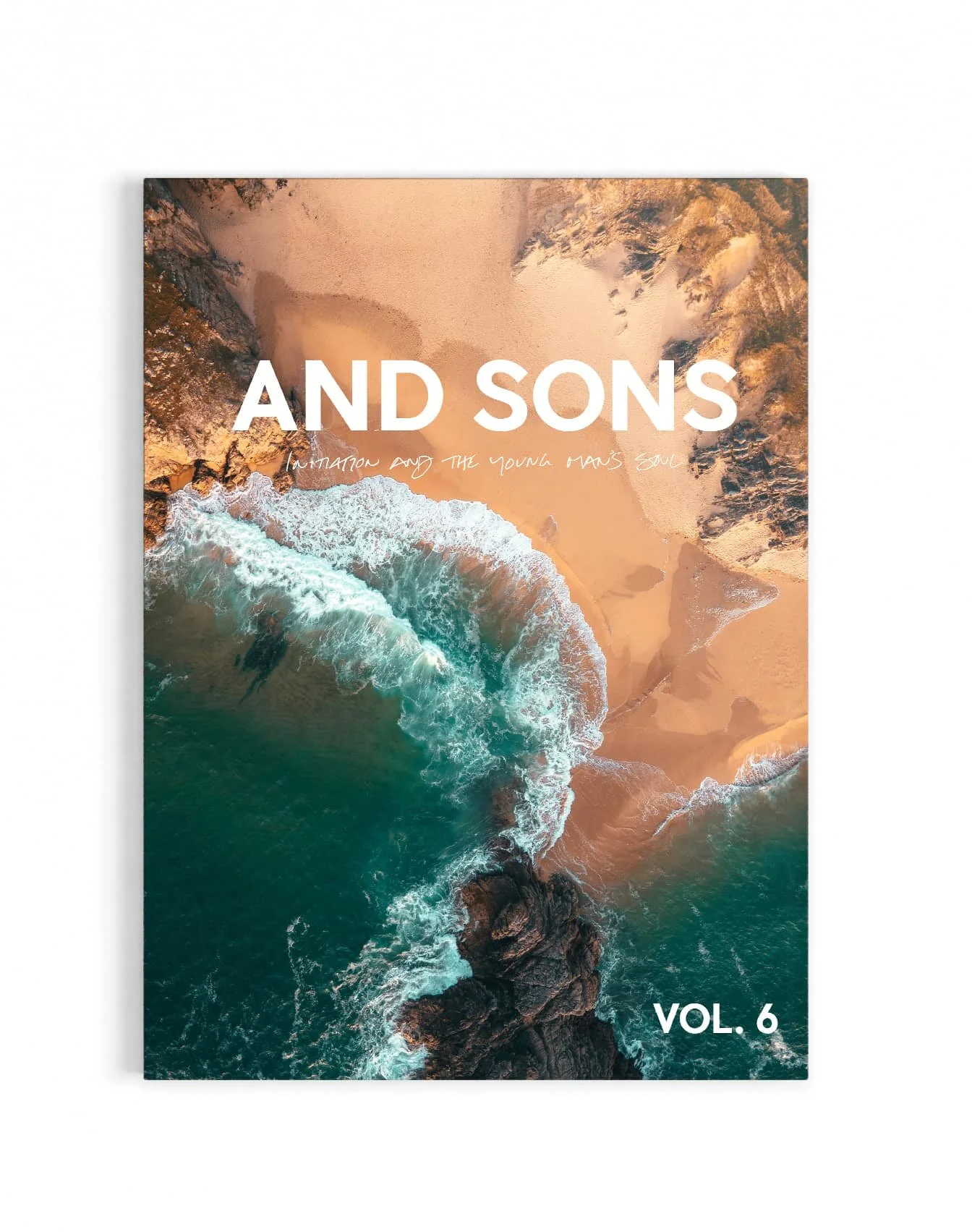Ten Questions with Silicone Boone
Interview by Darren Thornberry
Photos by Eric Hurtgen, NASA
Silicone Boone’s “The Reaches” is a lauded concept album about exploring space and alien contact. Much has been written about how this ex-Amish songwriter came to love this topic, and we’re honored that he took some time to discuss it in this And Sons exclusive interview.
AS: When did you know you wanted to make an album about space?
SB: I never dreamed I’d make any record until only a few years ago. By the time I actually started thinking seriously about a space record, I had nearly six completed “space” songs. As I edited the songs, and wrote new ones, I got into it and decided to make a nine-track concept album, with the hopes to make a work of art, not just a record. I approached The Reaches more like how a composer approaches a symphony than a “rock” album. The record has a clear beginning and end, has an arc, a trajectory, common themes and at the very end circles back to the beginning with a giant question mark over the whole damn enterprise.
AS: How does the Amish kid show up in The Reaches?
SB: I remember being very young in the kitchen with my mom as she was kneading dough and asking her a question that every good Amish kid knows the answer to: “What happens if we leave?”
“We will go to hell,” she replied. I suppose the dissonance of being taught to believe such a harsh and damning thing and then suddenly one day being told we are leaving and that “we were wrong before but now we are right” might impact a person’s ability to maintain certainties. Being able to admit and make peace with the unknown is very important to me. As such, a central theme in The Reaches is a sort of hallowing of the unknown and the need to enter into it. There’s a reason why humans have a relentless hunger that drives them into the unpredictable.
AS: What is “Found You” about?
SB: “Found You” imagines the thrill of making first contact with another sentient life form. I knew that if I delved too deep into the specifics of such a thing it would either be 1) a turn off for everyone except sci-fi geeks or 2) really kitsch. So to tackle #1, I purposely wrote in a way that the song could double for the divine, a lover, a great discovery, a profound insight or any grand shift or change in one’s trajectory. As for problem #2, I recall as I was drafting ideas for how to write the song, at one point I toyed with describing the ET visually and the more I played with that idea the more I hated the song. Something felt really naive and sophomoric about that. I eventually landed on writing from the POV of a nobody who, in a moment of sheer fortune, changes the entire trajectory of human history.
As for depicting the ETI (extraterrestrial intelligence), I was relieved I had abandoned that idea when later I learned that Stanley Kubrick, in his “2001: A Space Odyssey,” had spent years seeking the right image/figure to represent the ETs in the film, and eventually discarded any such notion for a far superior one: the monolith. Kubrick realized that a simple, elegant symbol of ETI
(rather than an actual ET) would be far more effective and capable of delivering the ideas he was hoping to convey, as well as ideas he hadn’t yet thought of.
AS: How do you feel when someone interprets your song differently that you do?
SB: In some respects, this is a compliment. A friend of mine who graduated from Princeton Theological Seminary told me that “Found You” is about God as alien righteousness (whatever that means!), and he went on to explain that the singer is Jesus and the choir is humanity and he worked his way through the song explaining it to me. I was kinda blown away at how airtight his interpretation was despite it being wildly different than the intent I had while writing it.
AS: How did the secluded life that you lived in the Amish community and later in the mountains of eastern Kentucky affect your yearning for the Vast Expanse?
SB: My childhood was marked by sheltering and seclusion. Socially (after leaving the Amish), this ended up being fairly painful for me and my siblings, as more often than not, we just didn’t fit in anywhere. Or if we did, we felt like we didn’t, which is really the same difference. We recall the first week or so in public school, not being able to tell the difference between boys/girls bathrooms, and waiting to see someone go in or come out so that we didn’t make a mistake. Honestly, it wasn’t until a few years ago that I stopped feeling like a foreigner in my own country. One upside to being sheltered is that sometimes you get to encounter cultural experiences with a more robust sense of fortune vs taking it for granted. It’s still fascinating to “discover” a great artist or band or film that my peers grew up with, but for me is brand new.
AS: When you embraced the writing of Carl Sagan, particularly “Pale Blue Dot,” was there anything about the cosmos or space or God in your religious upbringing that you had to discard?
SB: For sure. Some things changed immediately and some things took much longer. One of the scariest bits, the part I kept hidden, perhaps even afraid to whisper to myself, was that I found Sagan’s vision of human future much more compelling and inspiring than the story I had learned in church or from reading Scripture. I started shuffling my own thinking about the cosmos, its intrinsic value, and how the story of the afterlife might look more like Sagan’s vision of endless exploration and terraforming rather than living a life of uneventful routine in a safe and blissful city of gold. I remember telling a friend I felt like Sagan was an atheist who was peering through the glass door that is “heaven,” and had a much clearer vision of it than most religious folks.
AS: What do you find more useful in songwriting: structure or mystery?
SB: I can really appreciate the right song that leans heavily on mystery, but if you go too far in that direction it can lose all foothold and mean anything and everything, aka nothing. And though I can find that interesting as an exercise, unless it’s just pure genius and part of the “structure” itself, it quickly becomes boring. And if you lean too much on structure it becomes predictable and immediately exhausted. That’s even more boring.
Songs that have influenced me the most play both hands exceptionally well, like Gillian Welch’s “April the 14th (Part 1).” It’s a first-person story and so naturally will have both those elements, but I love how she almost personifies the destruction of that date (Abe Lincoln’s assassination, Titanic sinking, the great dust bowl of 1935) and wraps them into an anticlimactic moment of a poorly attended outdoor rock show that “ruins” the narrator as she relates that “I watched them walk through the bottom land and I wished I played in a rock and roll band. Hey, hey it was the 14th day of April.” Like that song, I attempt to invest my writing with both mystery and structure alike, though sometimes I lean more on one than the other, depending on the nature of the song or my aim.
AS: What’s next for you, musically?
SB: My last project attempted to peer into the future; the next one will peer into the past. The writing deals with 19th century America and hopes to embody and celebrate some of the mythos of the period as well as critique the horrendous tragedies and arrogance of the time.
AS: What current innovations in space exploration interest you?
SB: I hope we’ll succeed in designing a robot that will successfully drill through the surface of Europa’s ice and investigate whether the moon has life.
AS: Gotta stop you there. “Europa” is lyrically breathtaking. Sample verse: Seven miles down ice and stone/Fourteen months of drilling/We finally strike the oceans of your womb/Just to find that you’re barren/O the madness that drove us to this/A mistress so neglected/To her bitter breasts will/Clutch you even long past death
Please talk us through this poetic vision.
SB: “Europa” is a murder ballad and as such needs actual humans to go and drill through the ice in hopes of finding life, but in reality we know it’ll be robots that will do it for us. The song personifies Europa, the “ancient goddess,” who, in this story, has failed to secure a lover and therefore has remained infertile. Having grown jealous and bitter, she manages to woo and capture this crew of explorers with her icy beauty and a false promise of fertility. It’s unclear how she kills them, though I would assume it has to do with the inability of their technology to withstand the harsh conditions of her world. The song begins as the narrator reflects on the final words of the last surviving crew member (besides the narrator) and then buries her “still suited and covered” “on the open clear” of Europa.
It appears a disaster struck the crew, killing them all, but only after they discovered that Europa is barren and therefore not worth attention, much less affection. But they never succeed in escaping the moon’s icy embrace. The narrator, ruminating on the madness of the mission, concludes that all along the goddess’s plans were to kill and collect their frozen corpses, to hang them on her neck like a silvery keepsake. The song is mostly imaginative, literary fun, but it also plays with some heavier elements, like nihilism, a theme that surfaces at various points on the record and in this particular song comes out on top.
Find the artist at SiliconeBoone.com and “The Reaches” wherever you stream music. Want to buy a CD? E-mail:
siliconeboone@gmail.com.
Print isn’t dead.
If you enjoyed this article, you’d probably love more like it in the And Sons print issue. If you don’t have one of these on your coffee table right now, you should probably go explore our back issue catalog.





